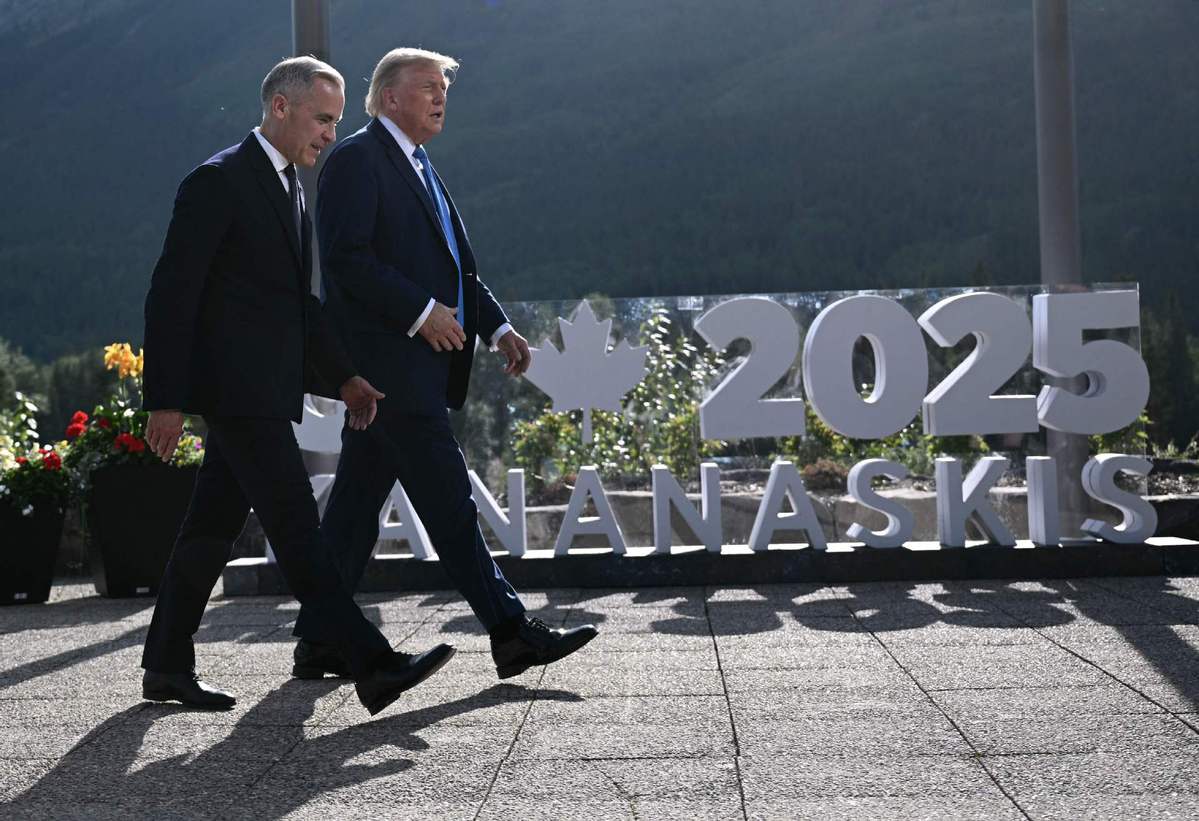Canada’s decision to withdraw its planned digital services tax has reignited a national debate about sovereignty, economic strategy, and how far Ottawa is willing to go to appease Washington.
Prime Minister Mark Carney announced the withdrawal of the proposed tax on major U.S. tech companies like Amazon, Google, Meta, Uber, and Airbnb on Sunday, framing it as a necessary move to restart long-stalled trade negotiations with the United States. The 3 percent levy, intended to be applied to revenues generated from Canadian users, had faced strong opposition from both U.S. officials and some Canadian business groups.
In a statement, the federal government said it was rescinding the tax “in anticipation of a mutually beneficial comprehensive trade arrangement with the United States.” Talks have since resumed, with a July 21 timeline outlined during the recent G7 Leaders’ Summit in Kananaskis, Alberta.
However, the move has drawn sharp criticism at home. Bloc Quebecois Leader Yves-François Blanchet accused the Carney government of repeatedly compromising on key issues like defense, border cooperation, and now digital taxation—without gaining any measurable advantage in return. He argued that Quebec and Canada were left with “nothing to show for it.”
New Democratic Party Interim Leader Don Davies echoed that sentiment, calling the reversal “pure caving in to Trump and his billionaire friends.” He emphasized that Canada, as a sovereign country, should retain the right to set fair taxation policies targeting multinational tech giants.
Meanwhile, the White House claimed victory. Press secretary Caroline Leavitt said the announcement showed Carney had “caved” to U.S. President Donald Trump’s demands, adding that the digital tax would have unfairly targeted American firms.
While critics framed the move as capitulation, several experts cautioned against rushing to judgment. One Canadian academic specializing in defense studies said the reversal was less about giving in and more about economic calculus. He noted that withdrawing the tax now might help Canada avoid retaliatory tariffs and preserve the possibility of a broader trade agreement.
Others noted that the biggest challenge in dealing with the Trump-led administration is the unpredictability of its policy stance. Decisions and threats can shift rapidly, making negotiation an exercise in both diplomacy and damage control.
Professor Ron Stagg of Toronto Metropolitan University suggested the decision, though politically unpopular, was likely the economically prudent one. Faced with the choice between clinging to a new tax and risking a trade war or taking criticism at home for backing down, Carney opted for what he believes is the path to long-term gain.
Stagg also noted the rhetorical style of the Trump administration, saying it tends to describe even small wins as monumental triumphs. He said Carney would likely ignore the public narrative and continue negotiating as planned.
While the political backlash in Canada continues, the prime minister has remained measured in his response. His focus, for now, appears to be on the bigger prize: restarting meaningful trade dialogue with the United States. Whether the gamble pays off remains to be seen.
Ask ChatGPT

